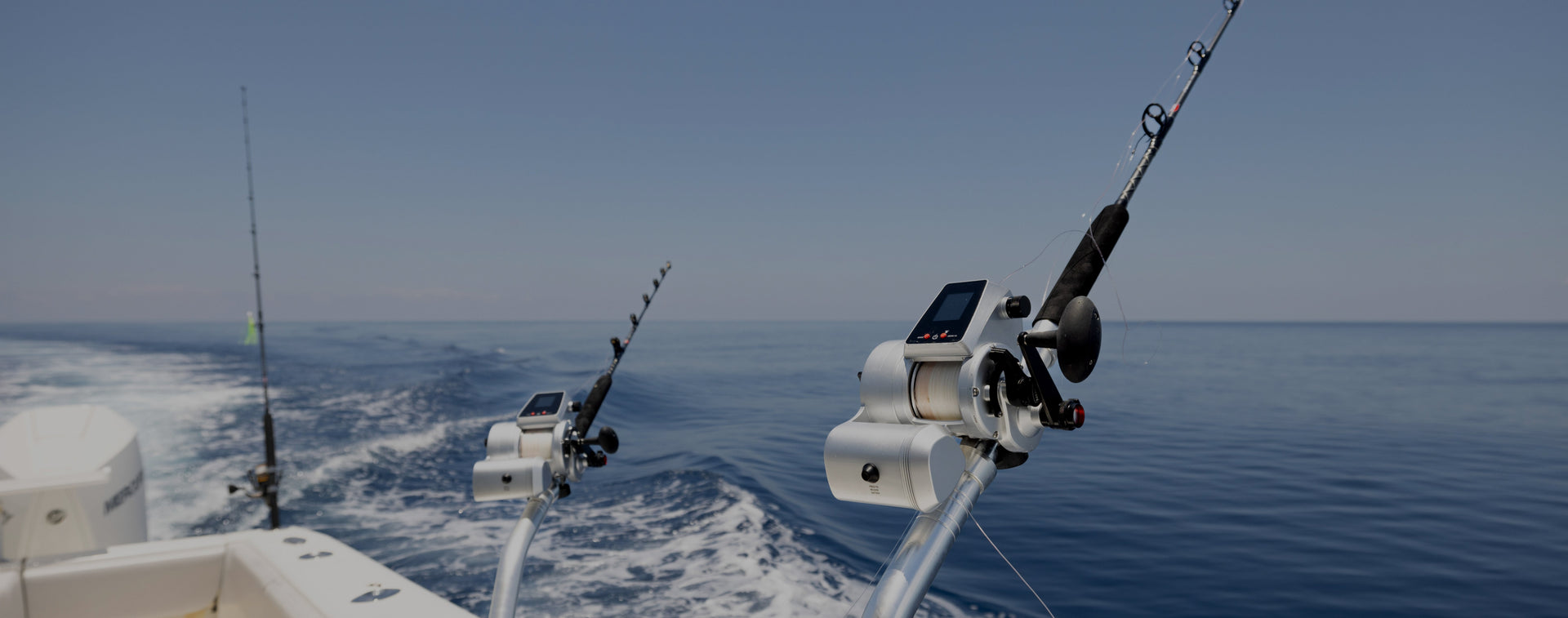
Compact. Powerful. Reliable. The PENN Fathom Electric is built for captains who don’t back down — just ask the legendary Captain Nick Stanczyk.
Read More
Your cart is currently empty.
Stock up on what you need for your next adventure.
Spend $175+, Get $15 | Spend $250+, Get $25 | Spend $400+, Get $50 in store credit for future purchases on pennfishing.com. To unlock exclusive future offers, simply sign up for our email newsletter during your transaction. Store credit is valid for 90 days from issuance and can be used toward future purchases at pennfishing.com; it cannot be redeemed for cash or combined with other promotions. One store credit per customer, per transaction. Penn Fishing reserves the right to modify or cancel this promotion at any time. By participating, you agree to these terms and conditions.
Register to receive a notification when this item comes back in stock.

24 Stories

Compact. Powerful. Reliable. The PENN Fathom Electric is built for captains who don’t back down — just ask the legendary Captain Nick Stanczyk.
Read More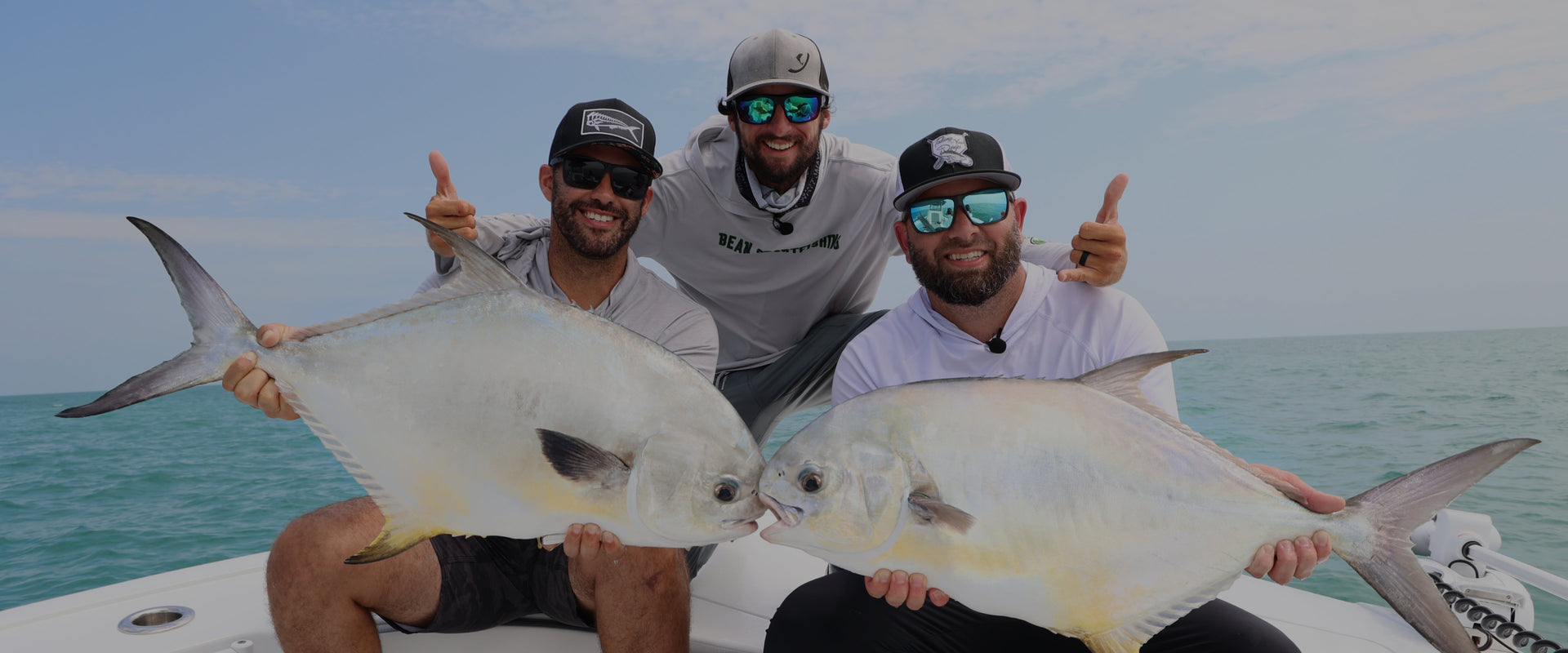
Tough enough for offshore combat and refined enough for finesse inshore presentations, Bean Sportfishing relies on one trusted weapon to produce the results running a successful saltwater charter requires –...
Read More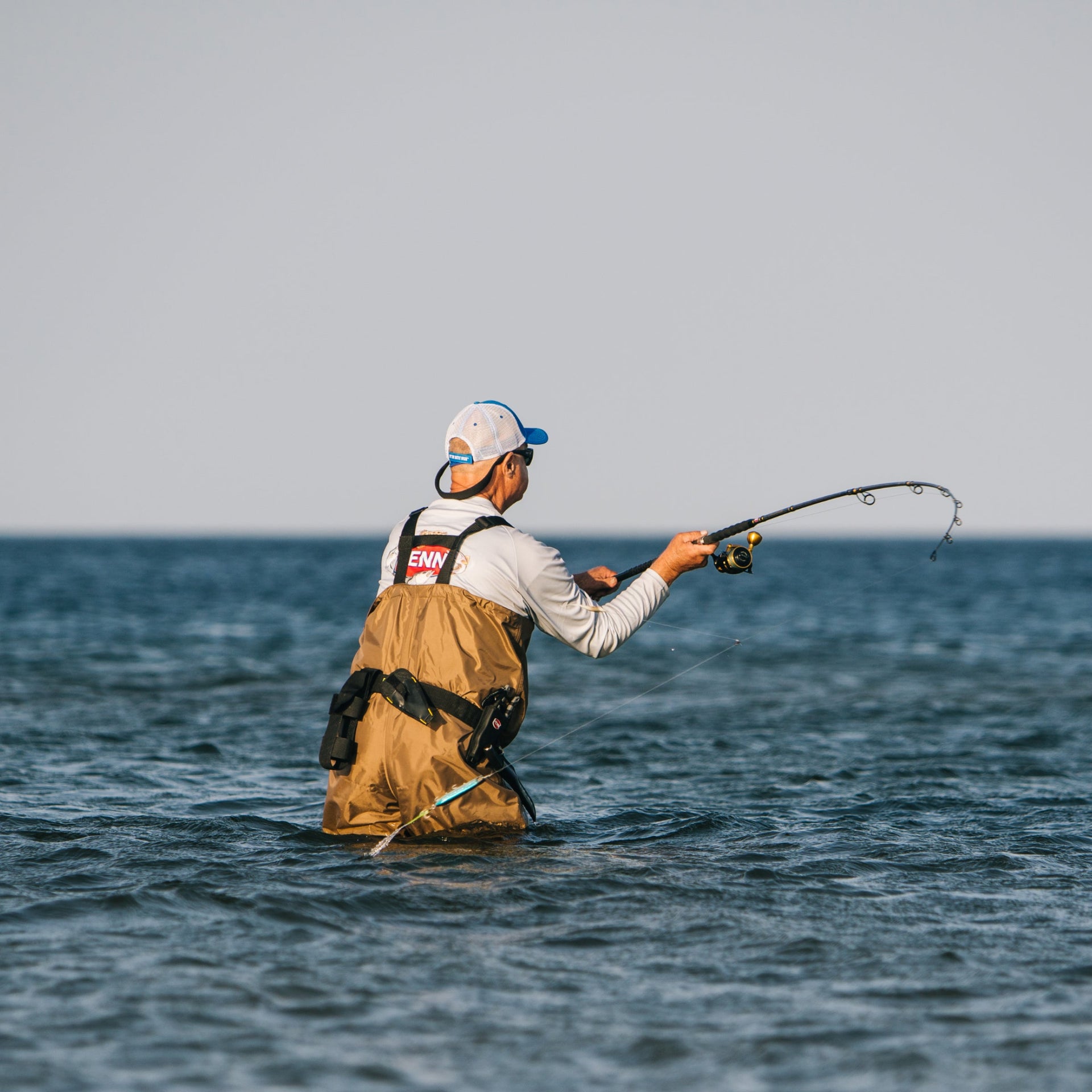
If you’re looking to test your hand at a new saltwater discipline, surf fishing is a thrilling alternative. Spending time fishing from the shore provides that much needed beach time, teaches...
Read More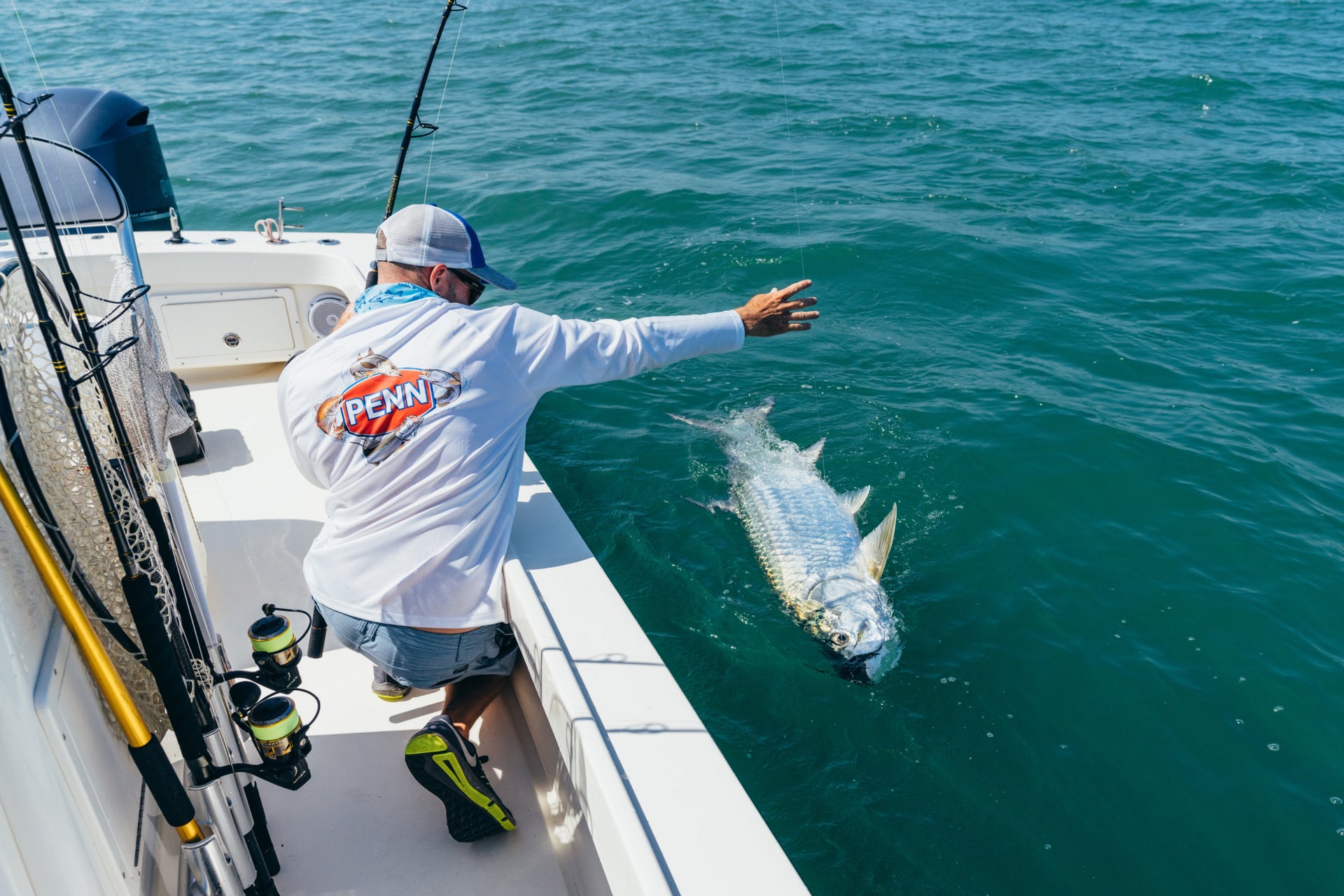
In the Florida Keys, PENN Fleet Captain Gonzalez has a few tricks up his sleeve to make tarpon fishing look like a piece of cake.
Read More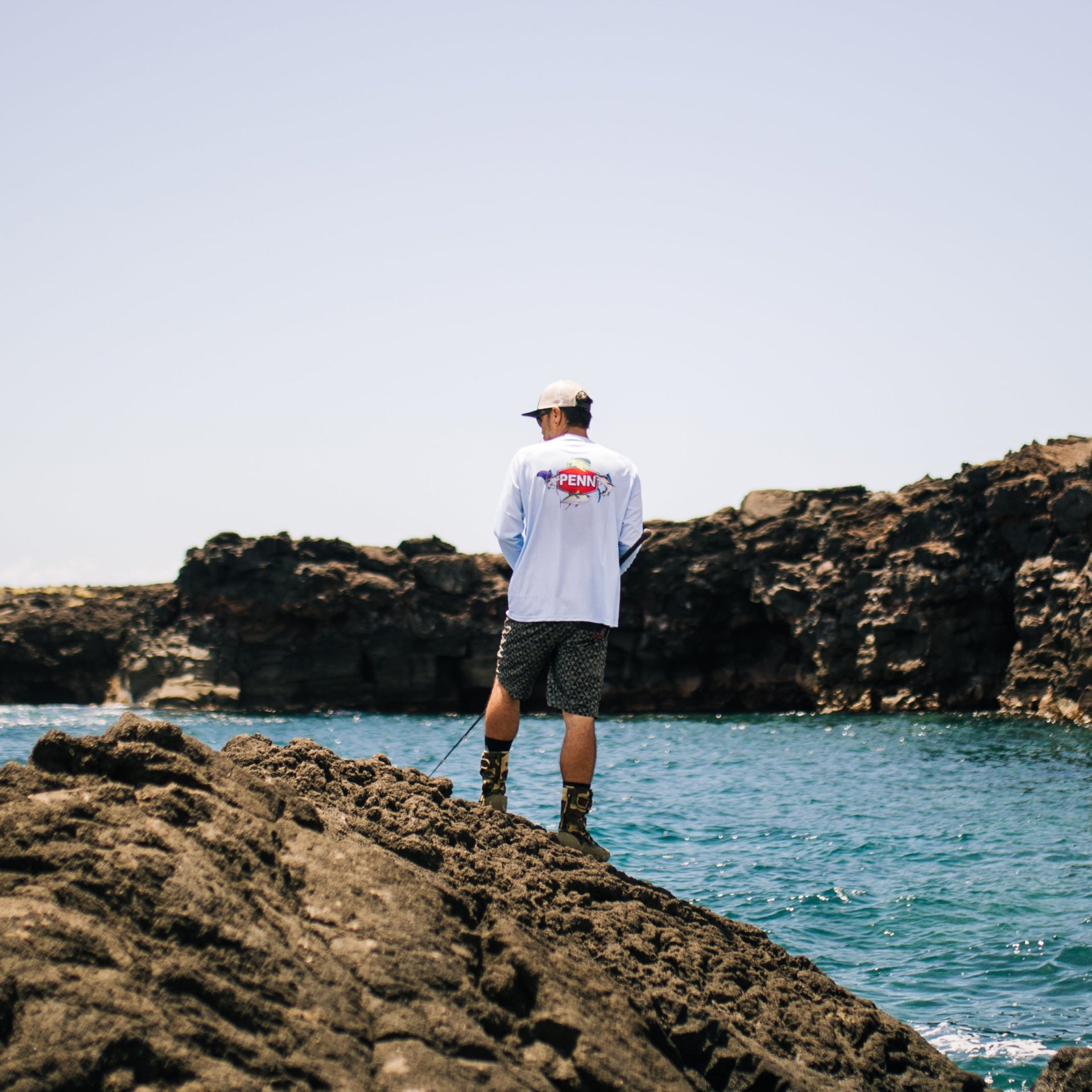
Witness our PENN Fleet Anger Team in Maui take on the raw power and aggression of one of the most revered fish in the entire ocean.
Read More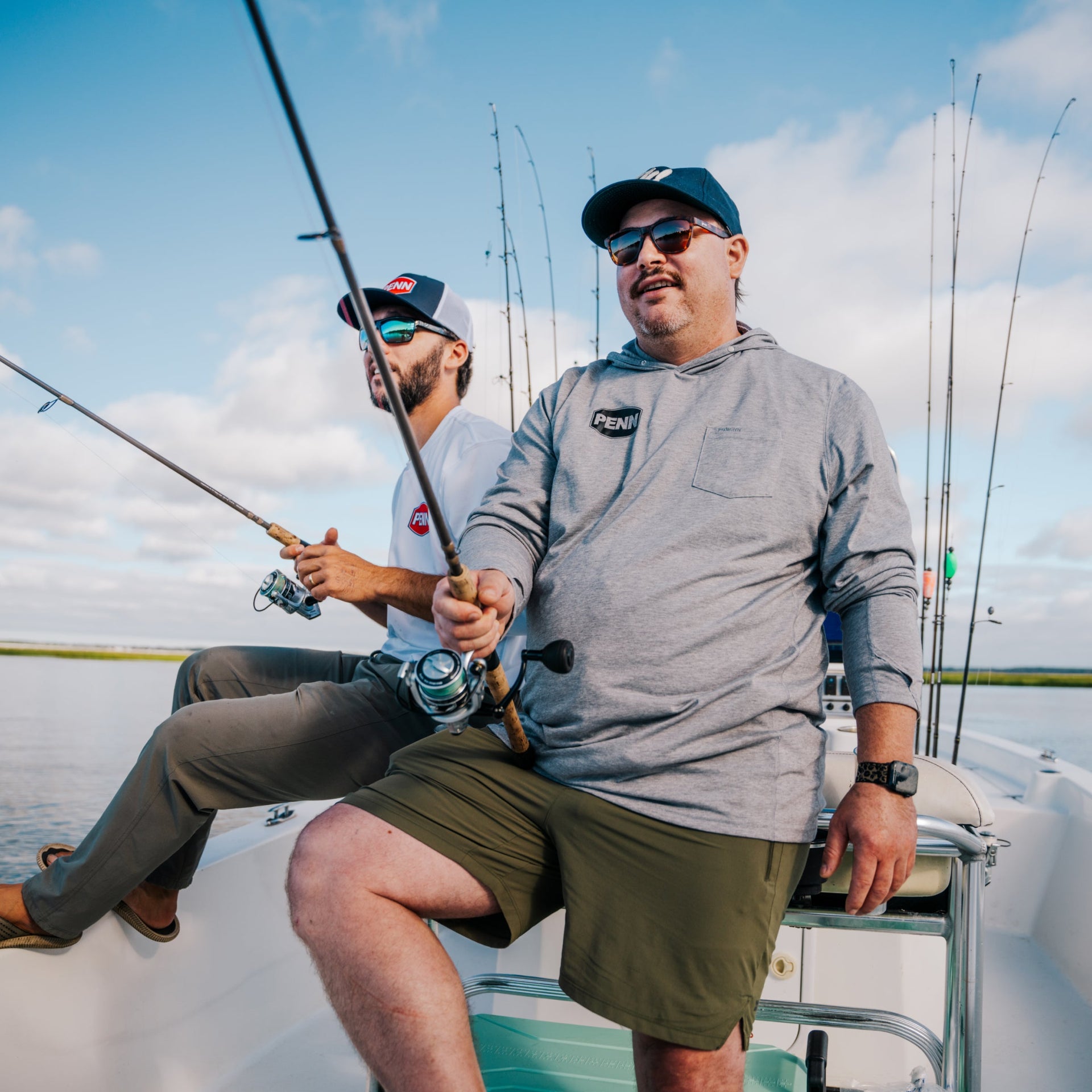
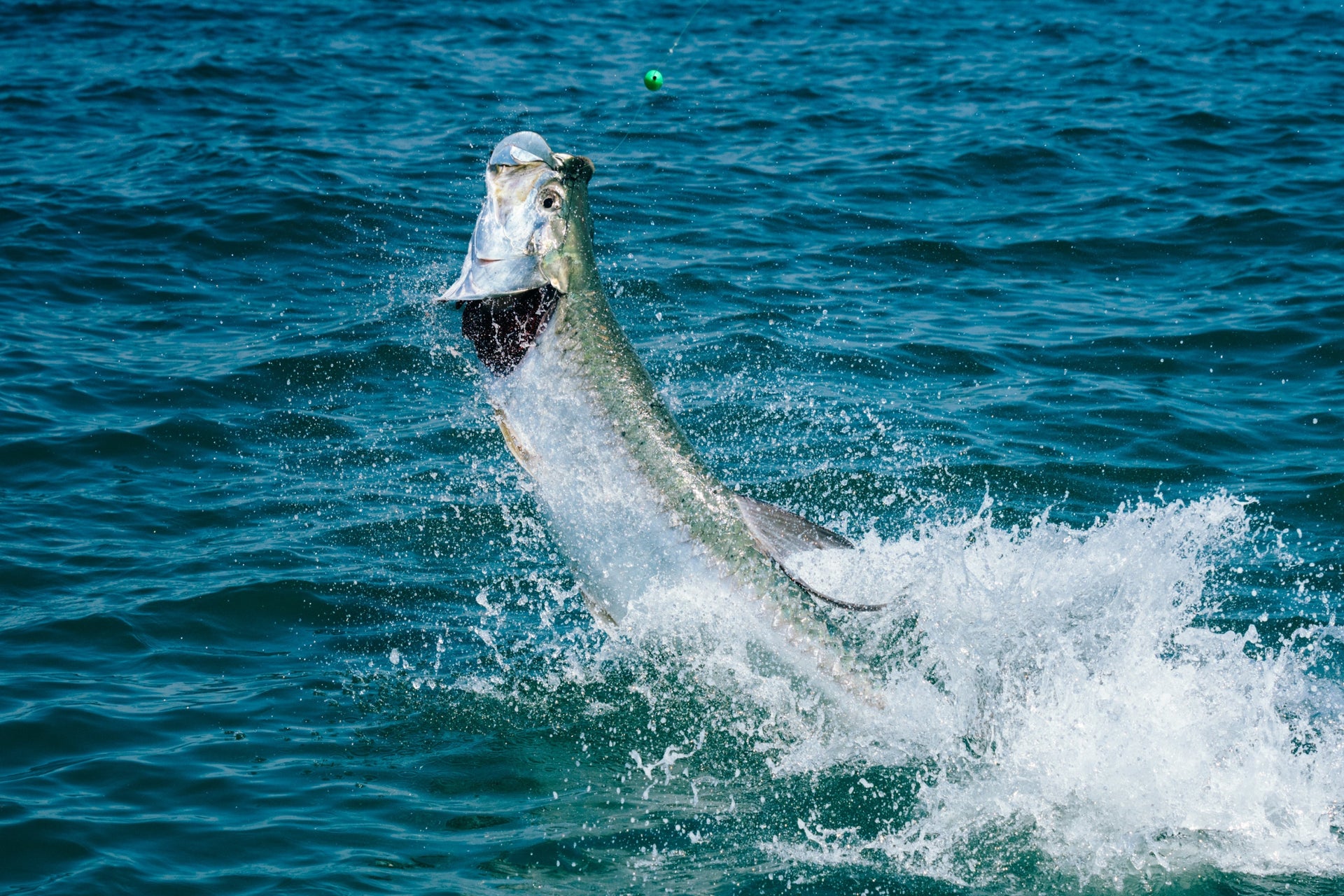
Follow Captain Kleppinger’s expertise in targeting tarpon, the "silver king" of saltwater fishing.
Read More
Learn kite fishing tips from Quinton Ali, maximizing your catch with this unique and exciting fishing method.
Read More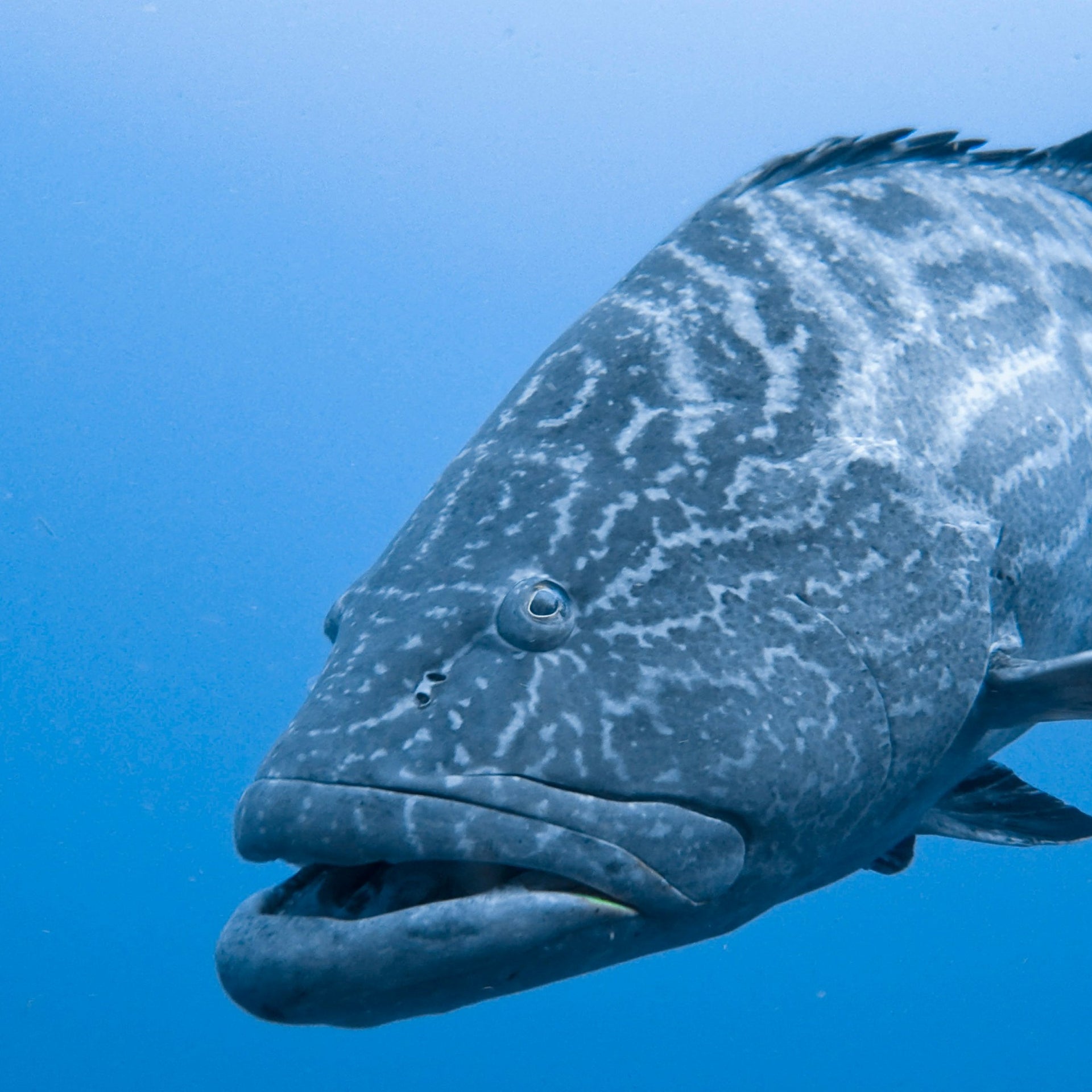
Captain Burbach shares his expertise on fishing in the Gulf, earning the title of “Goat” with his unmatched skills.
Read More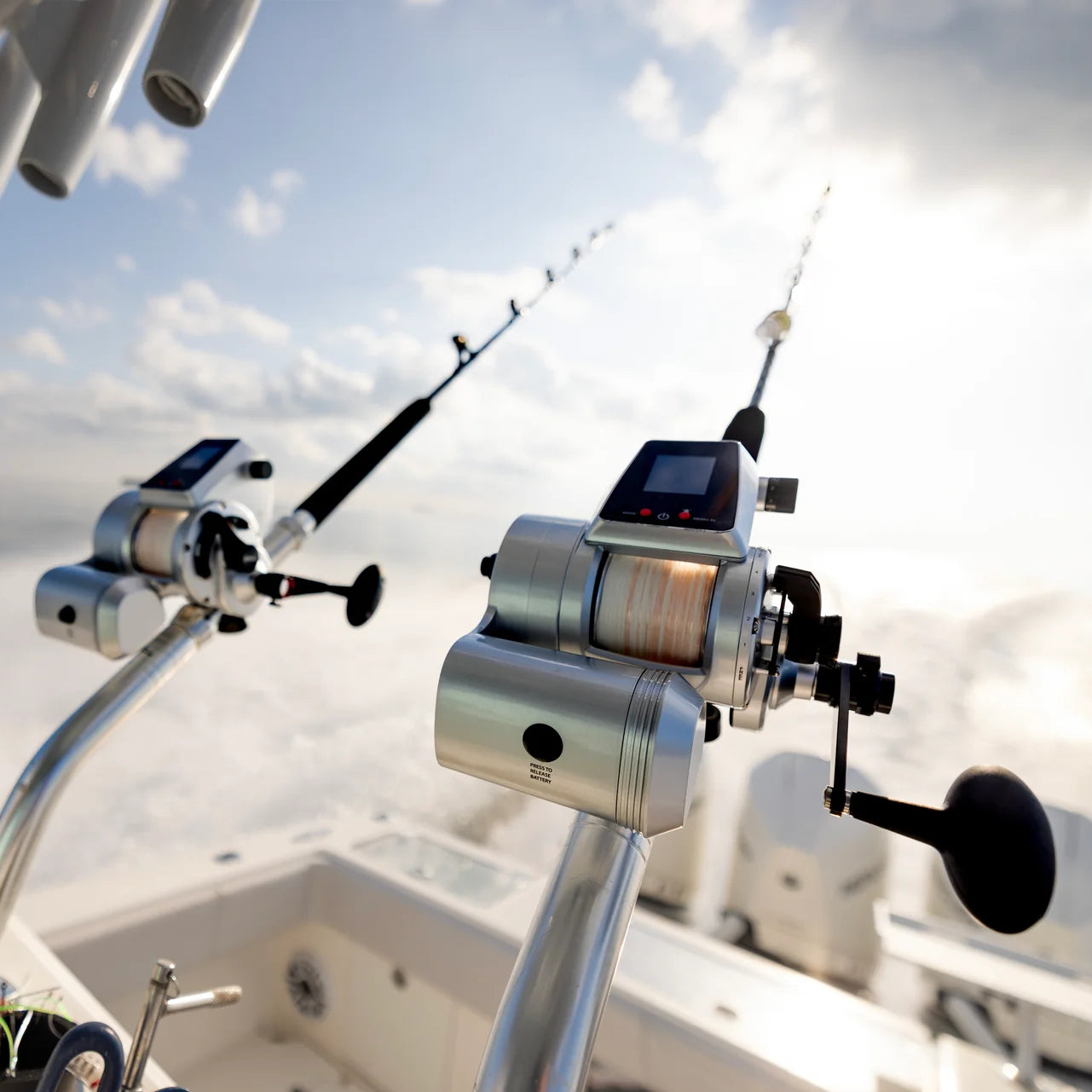
Learn bottom fishing techniques from Ray Rush, using the Penn Fathom reel for deeper waters and bigger catches.
Read More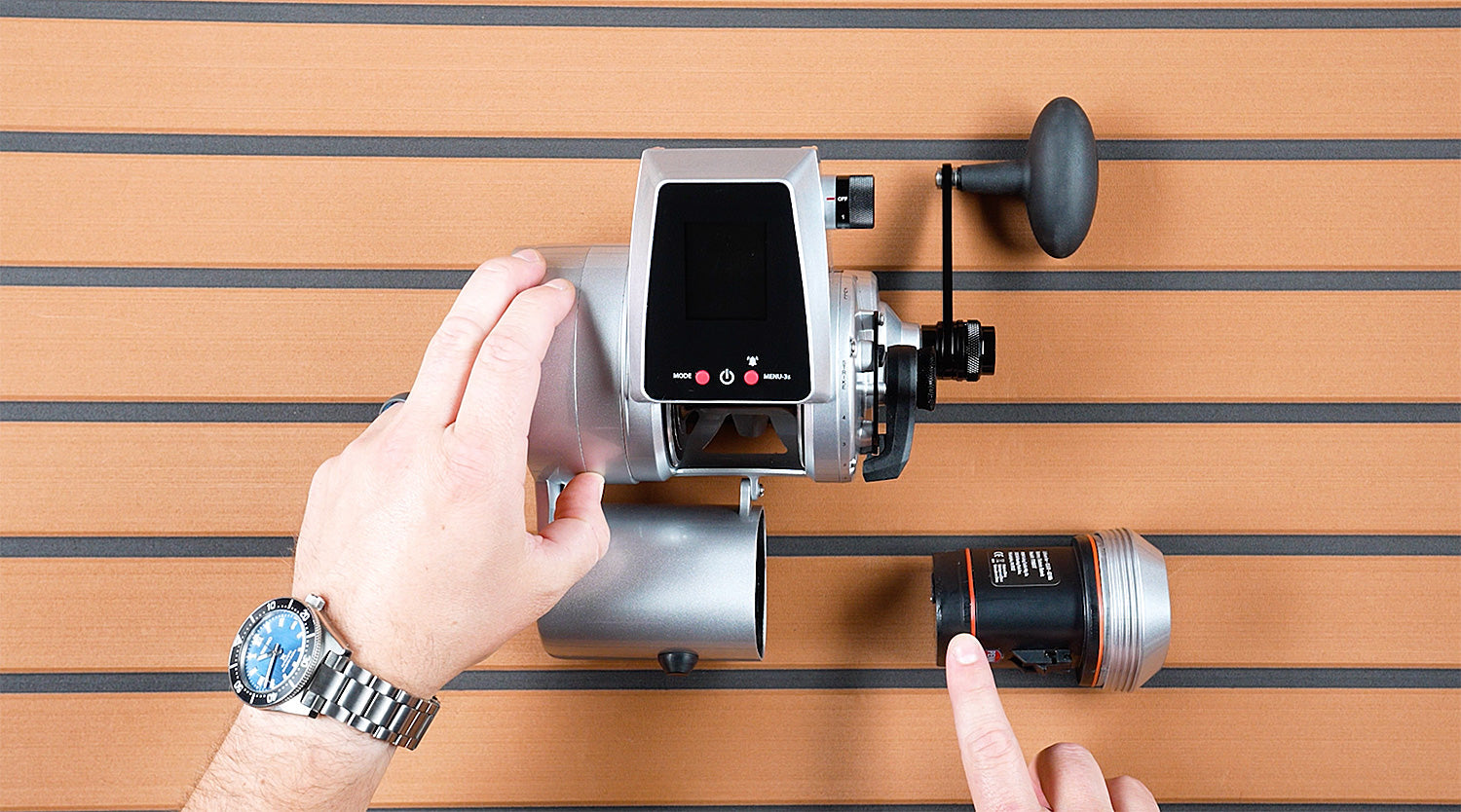
A guide on setting up the Penn Fathom™ electric reel kit for effortless deep-sea fishing.
Read More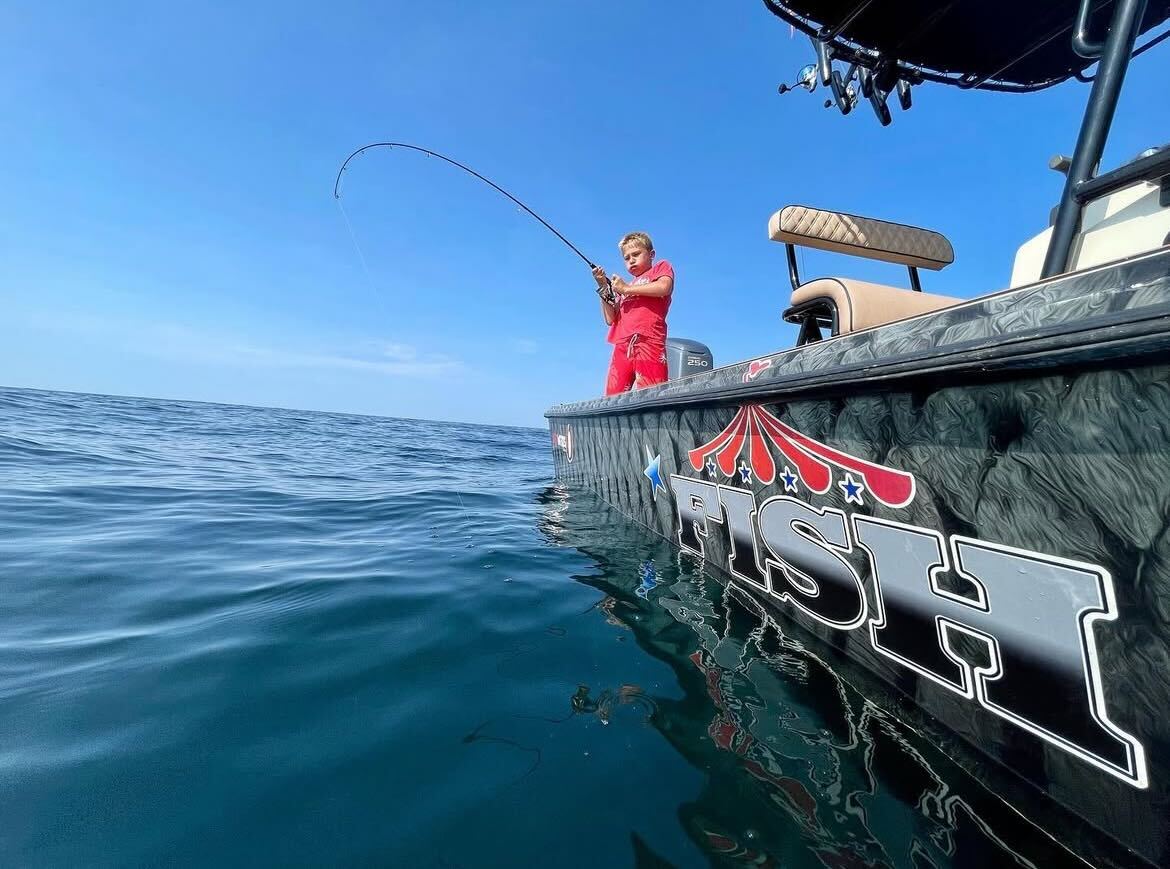
Captain Schunke discusses his passion for fishing and creating content, inspiring anglers everywhere.
Read More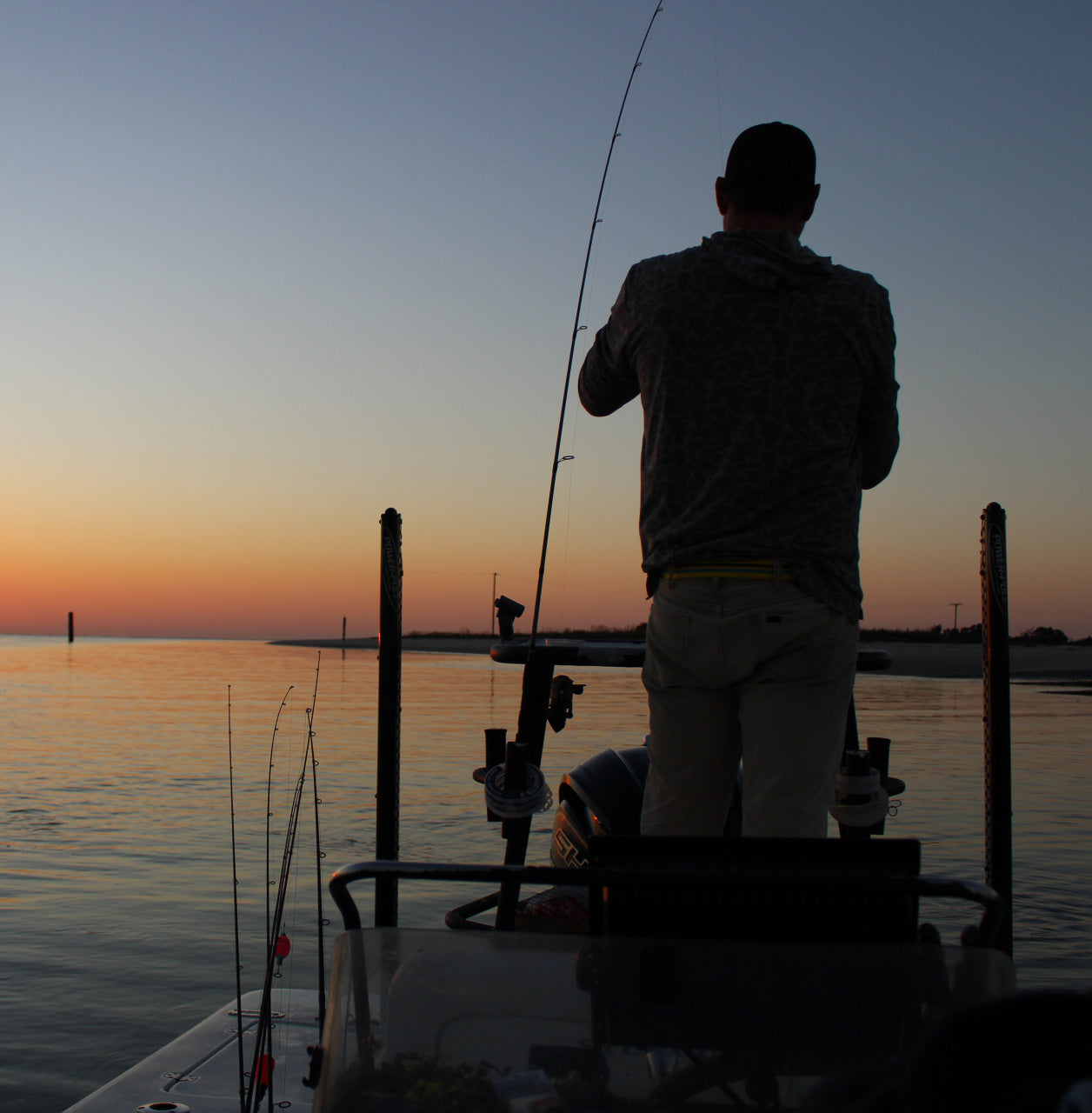
Get a glimpse into Captain Jamie Hough's fishing adventures, offering tips and insights from his expert experience.
Read MoreShowing 14 of 24